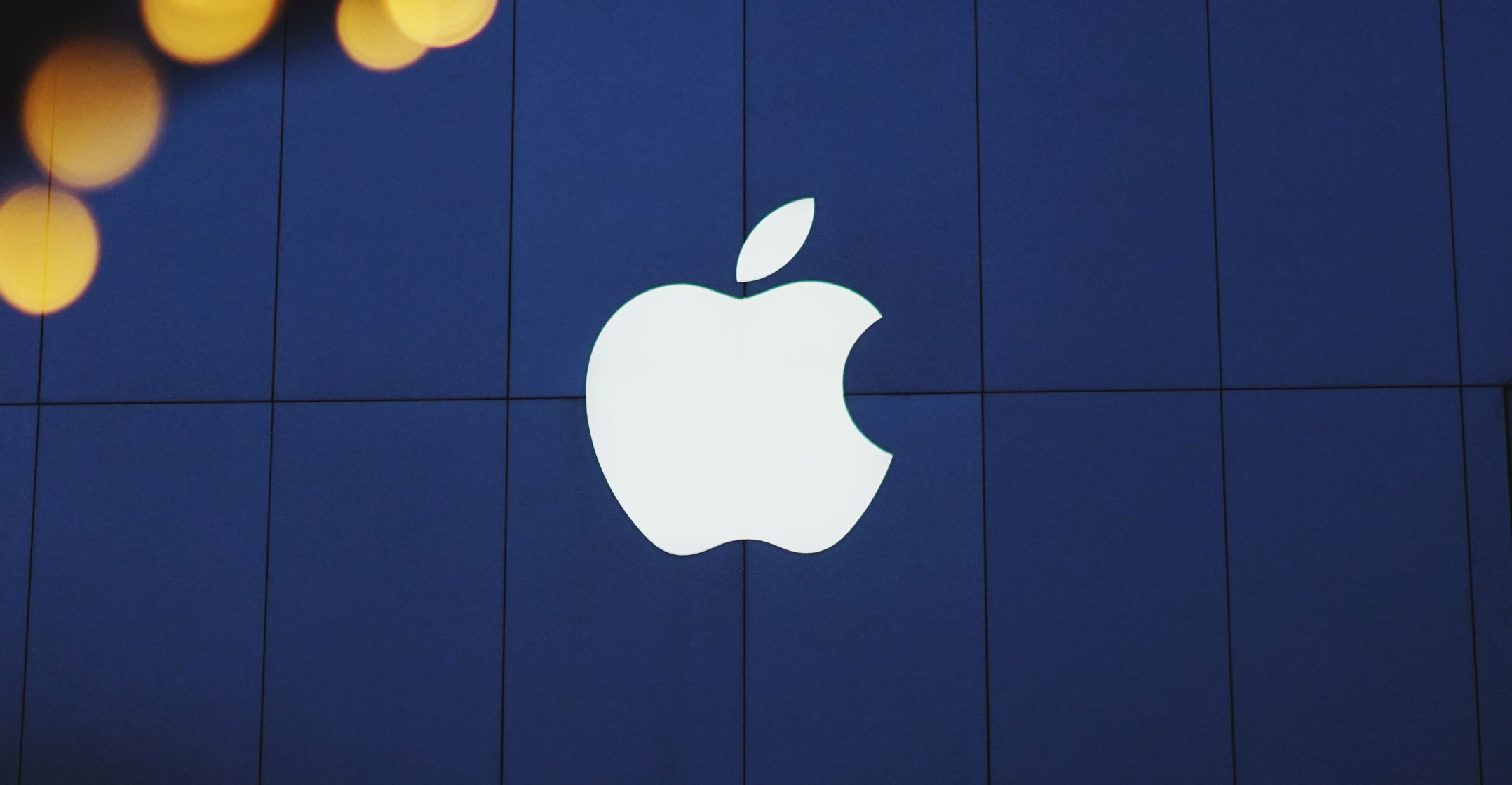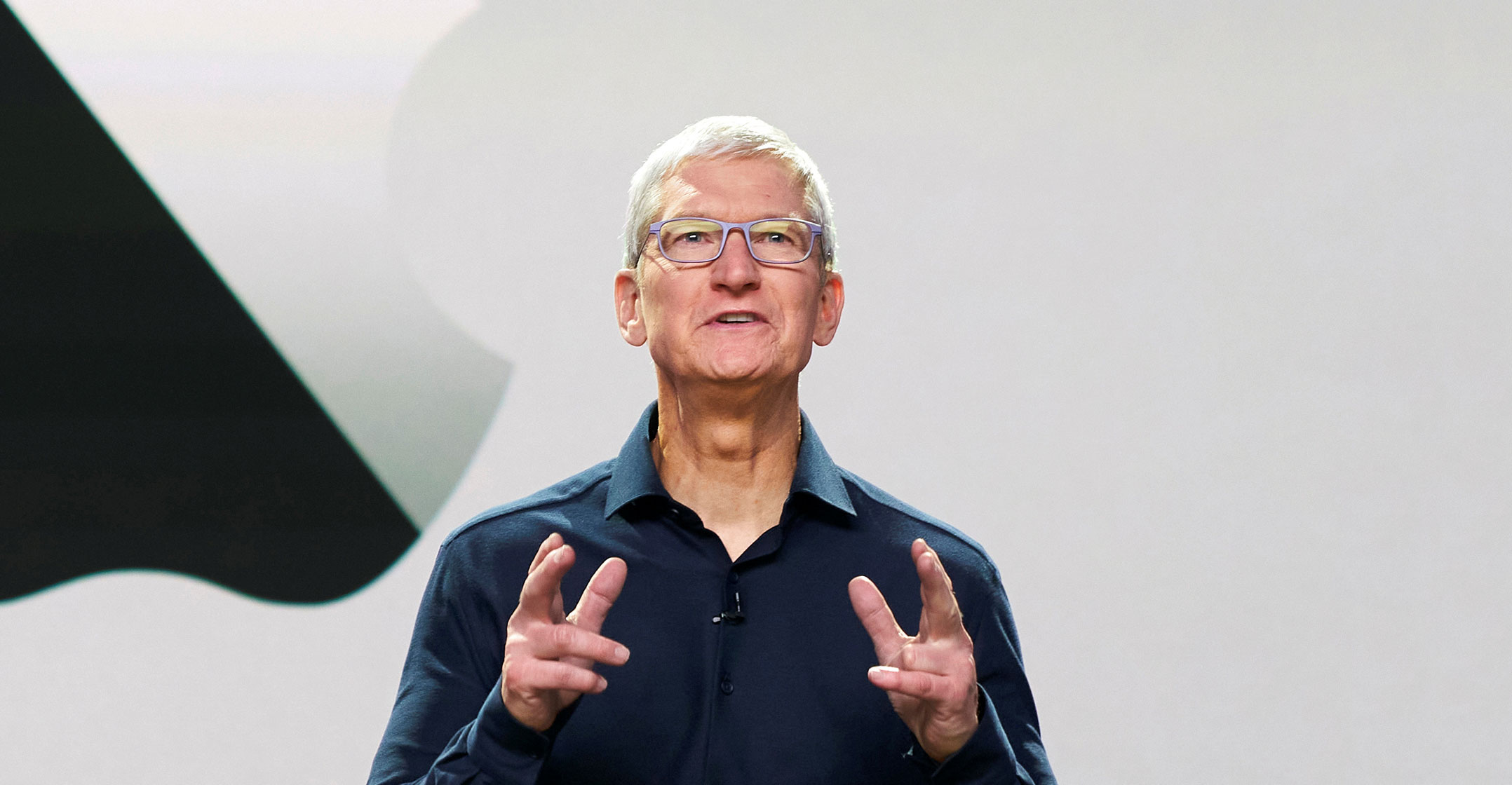 As of Monday morning’s open on Wall Street, Apple — the listed US company that’s attracted the largest valuation of them all — had a market capitalisation of US$1.7-trillion.
As of Monday morning’s open on Wall Street, Apple — the listed US company that’s attracted the largest valuation of them all — had a market capitalisation of US$1.7-trillion.
In rand terms, and at the time of writing, that’s R28.5-trillion. South Africa’s nominal 2019 GDP was $358.8-billion, or R6-trillion. On that basis, Apple’s market value is 4.8 times the value of all the goods and services produced (the definition of gross domestic product) in South Africa in 2019.
Barring a US stock market crash (a distinct possibility given how much tech stocks have run up), the 2020 Apple-to-South Africa ratio will easily be 5x or 6x or even 7x as Covid-19 and the government lockdown tear a hole through South Africa’s economic growth prospects.
Of course, comparing a company’s market cap — calculated by multiplying the number of shares outstanding with its share price — with the GDP of a country like South Africa, while somewhat interesting, is not particularly scientific, or useful for that matter.
What it does do quite well is show the sheer valuations of the world’s biggest tech stocks as some analysts begin to fret that a new bubble, akin to the dot-com era of 20 years ago, is inflating, driven by record low interest rates and “quantitative easing” by the US Federal Reserve.
Perhaps a more objective comparison is between company revenue and GDP. On that score, South Africa beats Apple (but not by much). Apple’s total revenue in the 2019 financial year was $260.2-billion, or R4.4-trillion — just over R1.5-trillion less than South Africa’s 2019 GDP number.
Bigger than a country
In fact, by revenue, there are five companies worldwide that are larger than South Africa’s GDP. They are:
- State Grid (China);
- China National Petroleum (China);
- Royal Dutch Shell (the Netherlands);
- Sinopec Group (China); and
- Walmart (US).
The largest, Walmart, had annual revenue of $524-billion in its most recent financial year. That’s a staggering $165.2-billion or 51% more than South Africa’s GDP! The retailer employs 2.2 million people worldwide, or about the same number of people who live in Pretoria.
Speaking of Pretoria, electric car maker Tesla – founded by Elon Musk, who was born and grew up in South Africa’s capital city – has a market cap of $316-million, or R5.3-trillion. That’s about double the value of Naspers’s European-listed Internet spin-off Prosus (€141-billion), which derives much of its valuation from its stake in China’s Tencent.
There are many US technology stocks that have soared so far in 2020, defying the gloom and doom associated with Covid-19. In some respects, these shares have become counter-cyclical, reaching new highs despite the Covid-related economic devastation around them.

Apple, Microsoft, Amazon.com, Google, Facebook, Nvidia, Netflix and Adobe are all companies with market caps above $100-billion that are at or near their all-time highs. Some have more than doubled in value in the past year.
Compare this to South Africa’s biggest ICT stocks (including telecommunications operators). Excluding Naspers and Prosus, the most valuable is Vodacom, with a market cap of R212-billion – that’s just $12.7-billion. Rival MTN’s is R105.5-billion, or $6.3-billion.
Among pure-play IT companies, the largest on the JSE is Altron (R7.3-billion; $440-million). EOH, once a market darling, is worth just R1.1-billion ($66-million) – a rounding error for a big US tech firm.
What’s the point I’m trying to make here? What cogent bit of analysis can I draw up from comparing our minnows with these giants of the tech world? Probably not a lot.
It could be said that South Africa and its IT companies are so small relative to Big Tech that we’re basically inconsequential, but most people instinctively know this already.
It could also be said that the US stock market is now wildly overheated, so much so that four tech companies have attracted trillion-dollar valuations. Will this the second major tech bubble in as many decades to burst? Perhaps. Stocks like Tesla are taking on bubble-like traits, though it could also be argued that most of these companies – from Apple to Microsoft – are immensely more profitable and powerful than they were in 1999 or 2000.
So, ultimately, this column is about little more than stating this: Dammit, those US tech valuations are insane! And, dammit, I shouldn’t have invested earlier! Because now is surely too late in the cycle. Isn’t it? — (c) 2020 NewsCentral Media
- Duncan McLeod is editor of TechCentral

